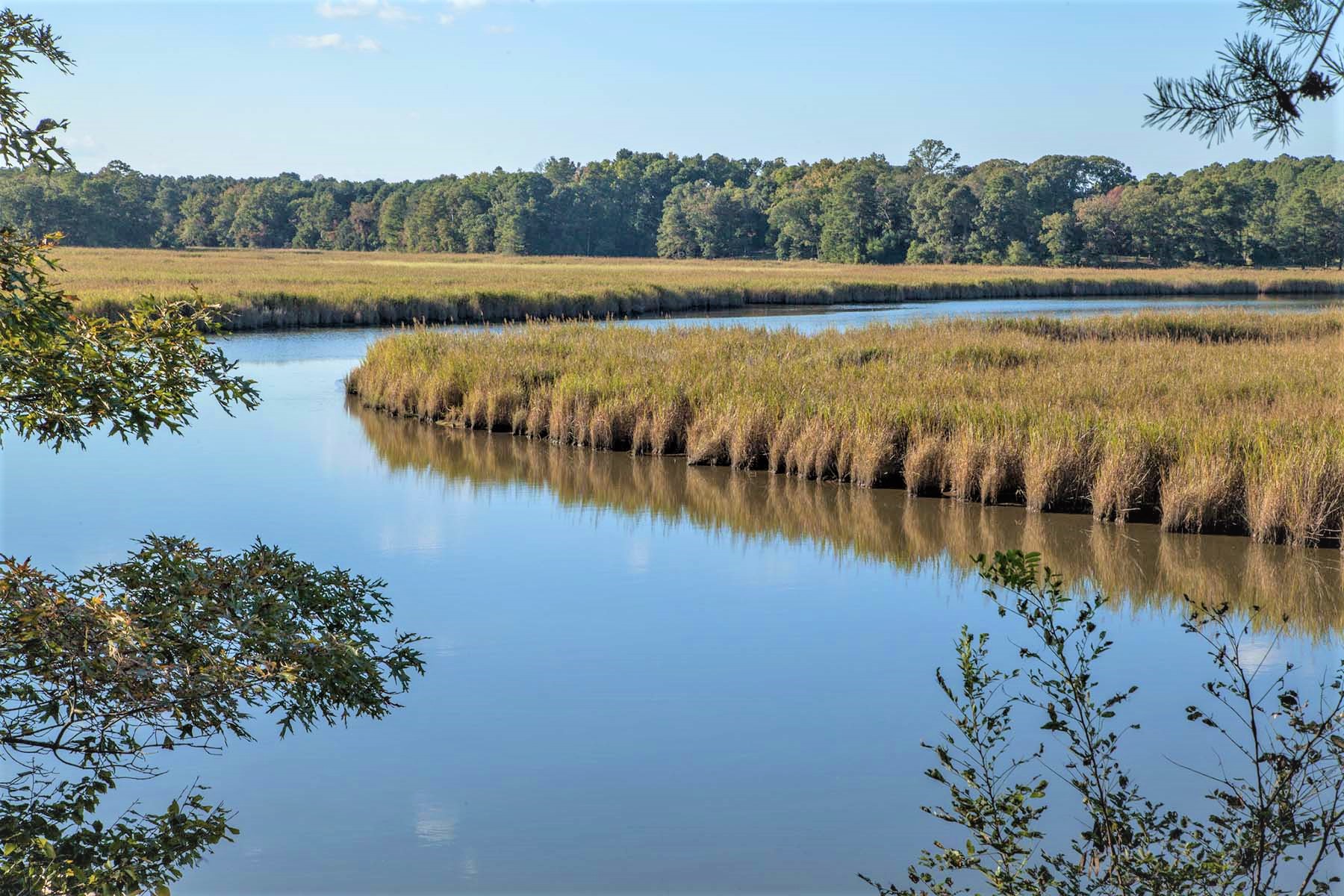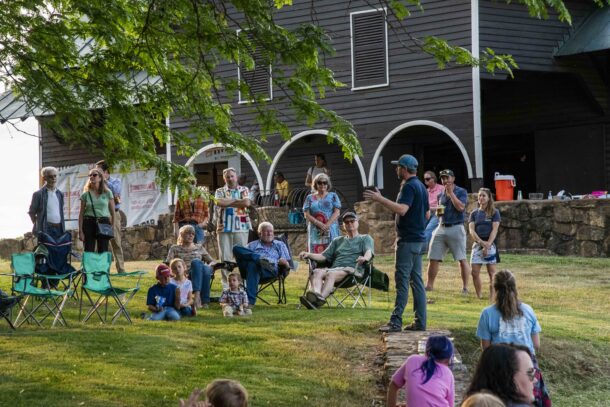
Thursday November 9, 2017 marked a big win for the communities of Virginia’s Northern Neck as Richmond County became the first municipality to ban fracking in the Rappahannock River Watershed.
After several months of research and deliberations, the Richmond County Board of Supervisors voted UNANIMOUSLY to ban gas drilling and fracking in their jurisdictional boundaries. This vote sends a strong message that the communities of Richmond County and the northern neck are invested in protecting their land and water from industrial activities that pose a clear risk to clean water and healthy communities.
“This is an incredible victory for the Rappahannock River” said Richard Moncure, River Steward with Friends of the Rappahannock. “We have been working with localities and partners for over four years to adopt protective land use regulations. This decision sets the standard and sends a clear message that our community values a clean and healthy river.”
Richmond County now joins King George and Augusta Counties as the Virginia leaders adopting regulations to limit or ban fracking in their jurisdictions. In addition, the City of Richmond has passed a resolution to ban fracking within the City.
In early April 2017, American Rivers listed the Rappahannock River as the #5 Most Endangered Rivers® in the country in their annual report due to the threats of potential fracking in multiple counties along the tidal Rappahannock River. This brought national attention to a very real local concern. American Rivers is based in Washington D.C. and works across the United States to protect wild rivers, restore damaged rivers, and conserve clean water for people and nature.
“American Rivers is pleased to see the Richmond County Board of Supervisors protect their drinking water supplies and the health of local residents by prohibiting hydraulic fracturing for natural gas”, said Jessie Thomas-Blate, Most Endangered Rivers Coordinator. “We hope this success will inspire neighboring counties to take similar action to protect their water resources”.
Richmond and King George Counties overlie the Taylorsville Basin, which is a shale formation buried deep beneath the Earth’s surface that is believed to contain natural gas and other resources. Westmoreland, Essex, Caroline, and King and Queen Counties are also located over the Taylorsville Basin. The most efficient way for drillers to extract gas is to drill down vertically, then horizontally, and then inject anywhere from hundreds of thousands to millions of gallons of water containing an unknown cocktail of hazardous liquids at high pressure into the formation. The high pressure causes cracks in the shale or rock formation, which allows the gas trapped within it to escape to the surface. In Tidewater, this would require drilling and pumping this cocktail through the Potomac Aquifer which would put water supplies for millions of people at risk. Additionally, industrial gas development requires the construction of multiple well pads on rural properties which will increase erosion and stormwater runoff entering nearby creeks, streams, the Rappahannock River and ultimately the Chesapeake Bay.
“Increasingly we are seeing that counties across Virginia are taking a hard look at the science of oil and gas extraction and choosing to protect their waters. The thoughtful decisions by these counties are essential to protecting our precious drinking water,” said Kathleen Harrigan, Executive Director of Friends of the Rappahannock. “The Rappahannock River is a vital resource in Virginia and its watershed includes nearly all of our counties from the Blue Ridge Mountains to the Chesapeake Bay.”
Friends of the Rappahannock is committed to continuing to protect the Rappahannock River from the threat of fracking in the tidal watershed. For more information or to get involved please contact Richard Moncure at [email protected] or Emily Francis at [email protected].

